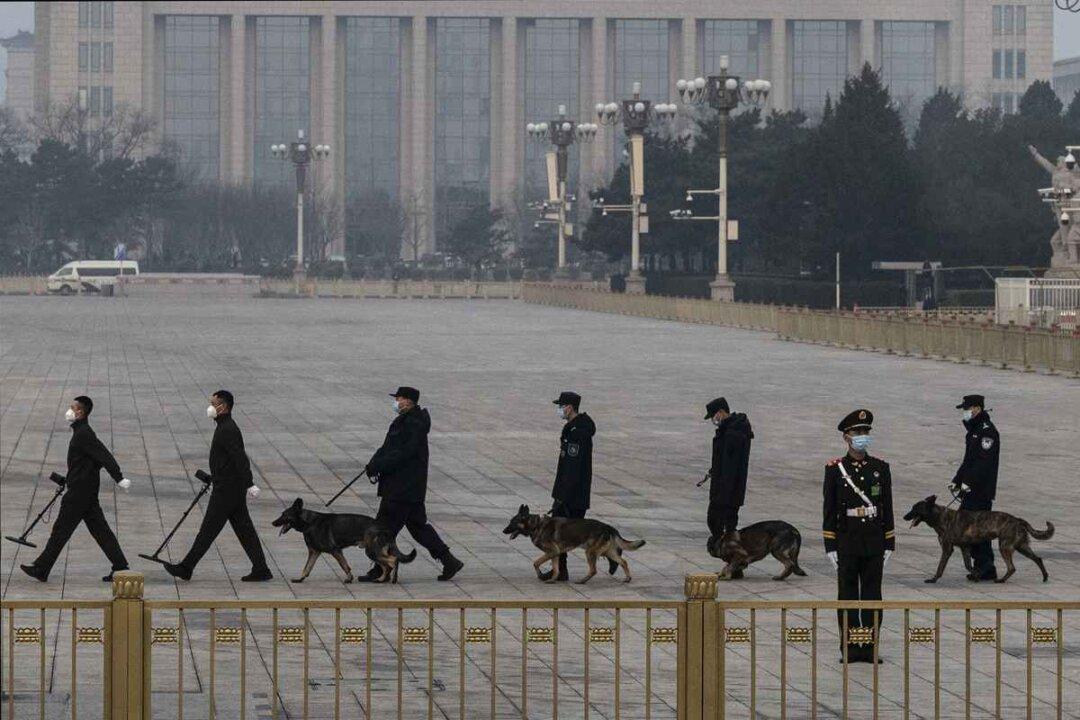Commentary
As China’s economy continues to rapidly decline, the Chinese Communist Party (CCP) is relying on the “Big Lie” to both shape reality and deflect it.

As China’s economy continues to rapidly decline, the Chinese Communist Party (CCP) is relying on the “Big Lie” to both shape reality and deflect it.